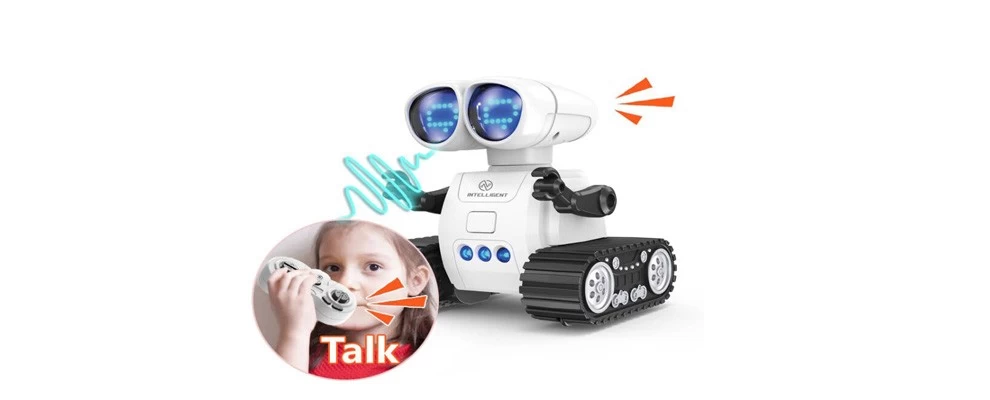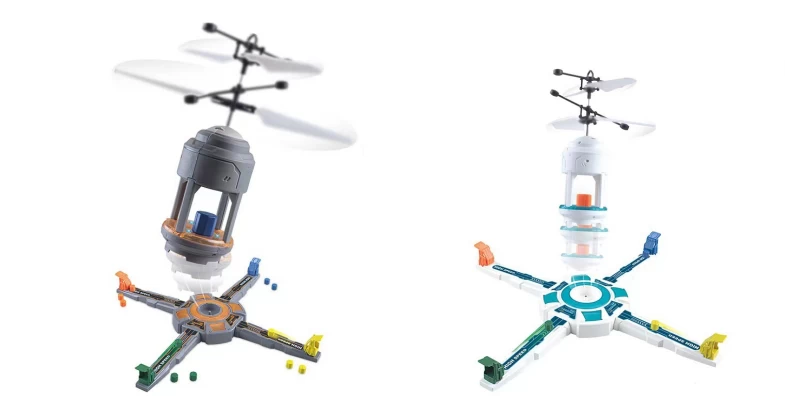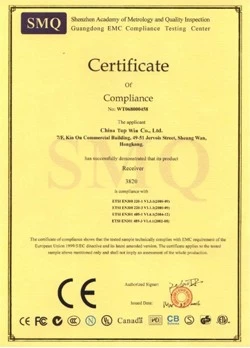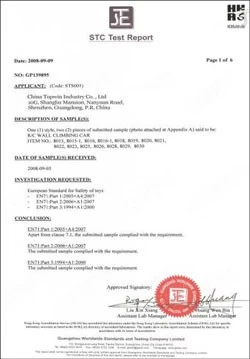How does Disney plan to measure how much you love movies
chinatopwin
chinatopwin
2017-07-31 09:08:56
It's hard to predict which movie will win at the box office, and which movie will explode completely.
Just ask the man who made the latest sci-fi thriller valerian, which costs less than $200 million to
make, and, after a weekend, grossed just $23.5 million.

Predicting the enjoyment of the audience may not be an imprecise science in the future. Disney

Predicting the enjoyment of the audience may not be an imprecise science in the future. Disney
and the California institute of technology cooperation established a system of artificial intelligence,
they say that this system can measure the audience's facial reaction, so as to determine how
they really like a movie.
Last week, the two agencies teamed up to publish a paper that first identified digital trends. The
Last week, the two agencies teamed up to publish a paper that first identified digital trends. The
team's researchers tested the audience, allowing them to watch Disney movies and using infrared
high-definition cameras to capture their reactions. The cameras recorded a variety of reactions,
such as smiling, laughing and wide-eyed. The team then fed the information -- about 16 million
data points -- into the artificial intelligence system.
When the system was trained to handle these reactions, new audiences watched the same
When the system was trained to handle these reactions, new audiences watched the same
movies, including Star Wars: the force awakens and the live-action jungle book. Infrared cameras
recorded their reactions, and the network measured the number of films they enjoyed at a
particular time. To test its accuracy, the researchers asked the system to predict the response of a
single viewer to certain points in the film. After a few minutes of observation, it can accurately
predict which audiences will respond in a particular way.
In a press release, Yisong Yue, a professor at the California institute of technology, noted that the
In a press release, Yisong Yue, a professor at the California institute of technology, noted that the
system could be useful in other situations, such as caring for patients or the elderly. "After all," she
said, "people don't always explicitly say they're unhappy or have problems."
Artificial intelligence is more widely used to capture social cues, believing it can do so more
Artificial intelligence is more widely used to capture social cues, believing it can do so more
effectively than humans. Cogito is an artificial intelligence company, the company has carried on
the analysis to the company earlier this month, its monitoring calls, call center and provide prompt,
remind each other when the other become angry or annoyed, or when the representative to speak
too fast or interrupt each other, each other will issue a warning. The company already has
customers in some of the largest insurance and credit card companies in the United States.
The $12 billion American film industry will also benefit. It could be a data-driven, artificial
The $12 billion American film industry will also benefit. It could be a data-driven, artificial
intelligence. Based on the audience's response, it may be that European studios and STX
entertainment companies, the producers of Valerian and the American producers, react to the
audience less than they would like. Barring a miraculous late-period surge, the film could take in
more than $100 million, which would be one of the biggest box-office losses in history.
The bigger question, at least for film lovers, is what this technology ultimately means for the future
The bigger question, at least for film lovers, is what this technology ultimately means for the future
of the art form. Will it move film production from the realm of human creation to engineering
products to manipulate people's love for them? Perhaps more noble use cases are described by
professor yue, in this case, doctors, nurses, nursing staff or a social worker can take advantage of
the technology for those who cannot or will not express their emotions to provide the best care.
At least humans are still making movies. Last year, A.I. wrote a joint horror movie script, and a
At least humans are still making movies. Last year, A.I. wrote a joint horror movie script, and a
Canadian production company wanted to turn it into a feature-length movie. Recently, experts
have predicted that by 2060, computers will be able to perform all tasks, from driving to
accounting to art.











